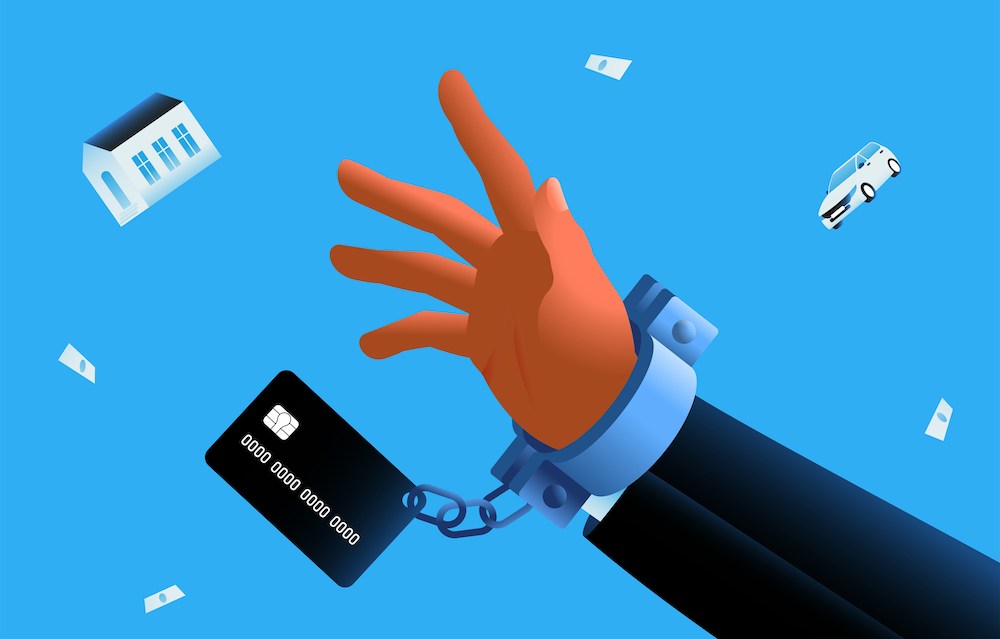Your credit card is under attack — here’s how to stay safe
Credit card hacking is unfortunately very common these days. It’s a frustrating and scary experience for all victims, but especially for meeting and event planners who often must pay for goods and services with a credit card. It’s important to understand why it’s happening so frequently. Here are some key factors contributing to the rise in credit card hacking.
Data Breaches
Large-scale breaches: Retailers, online stores, and even financial institutions can suffer data breaches where hackers steal massive amounts of credit card information. These breaches expose millions of card numbers, expiration dates, and sometimes even security codes.
Vulnerable systems: Not all companies have robust security measures in place to protect customer data. Outdated systems or lax security protocols can make them easy targets for hackers.
Phishing and Social Engineering
Deceptive tactics: Hackers use phishing emails, fake websites, and social engineering tricks to deceive people into revealing their credit card details. They may pose as legitimate businesses or individuals to gain your trust.
Increasing sophistication: Phishing attempts are becoming more sophisticated, making it harder to distinguish them from genuine communications.
Malware and Online Skimming
Malware infections: Malware can infect computers and devices, stealing credit card information entered on websites or stored in online accounts.
Online skimming: Hackers inject malicious code into online stores to capture credit card data during checkout. This is particularly common on smaller websites with weaker security.
Weak Passwords and Security Practices
Reusing passwords: Many people reuse passwords across multiple accounts, making it easier for hackers to gain access to their credit card information if one account is compromised.
Weak security questions: Easy-to-guess answers to security questions can allow hackers to reset passwords and take over accounts.
The Dark Web Marketplace
Easy access to stolen data: The dark web provides a marketplace for buying and selling stolen credit card information. This makes it easy for criminals to obtain and use stolen data.
Organized crime: Credit card hacking is often carried out by organized crime rings that have the resources and expertise to conduct large-scale attacks.
How Can You Protect Yourself?
Monitor your accounts: Regularly check your credit card statements for any suspicious activity.
Use strong passwords: Create unique, complex passwords for each of your online accounts.
Be wary of phishing attempts: Don’t click on links or open attachments in emails from unknown senders. Use secure websites: Look for the “https” and padlock icon in the address bar before entering your credit card information.
Consider using a credit monitoring service: These services can alert you to any suspicious activity on your credit report.
By understanding the reasons behind credit card hacking and taking proactive steps to protect yourself, you can reduce your risk of becoming a victim.
Any thoughts, opinions, or news? Please share them with me at vince@meetingsevents.com.
Photo by Getty Images For Unsplash+





